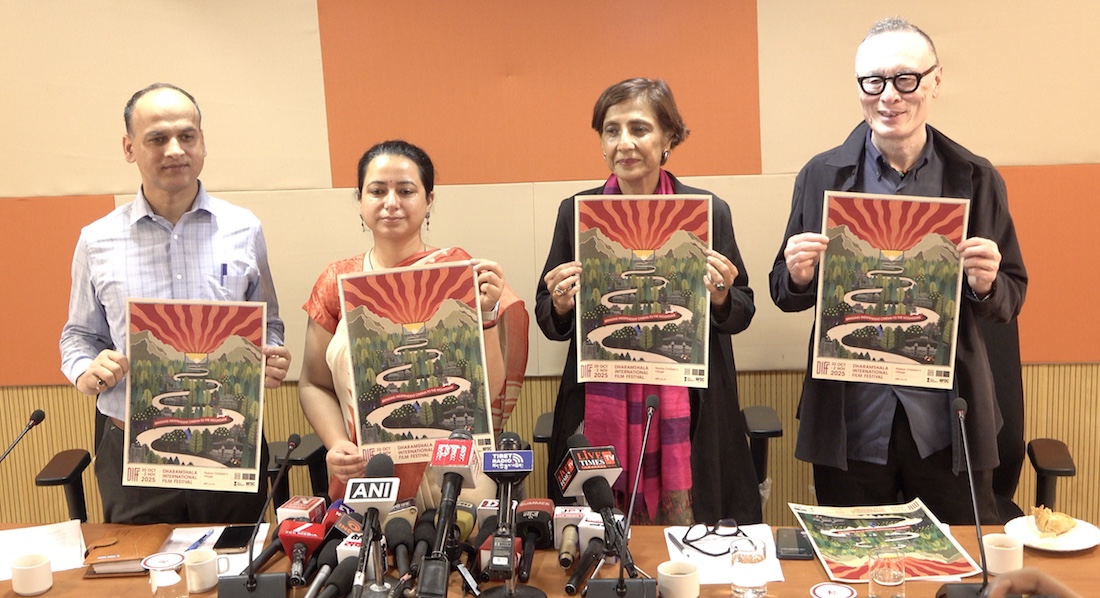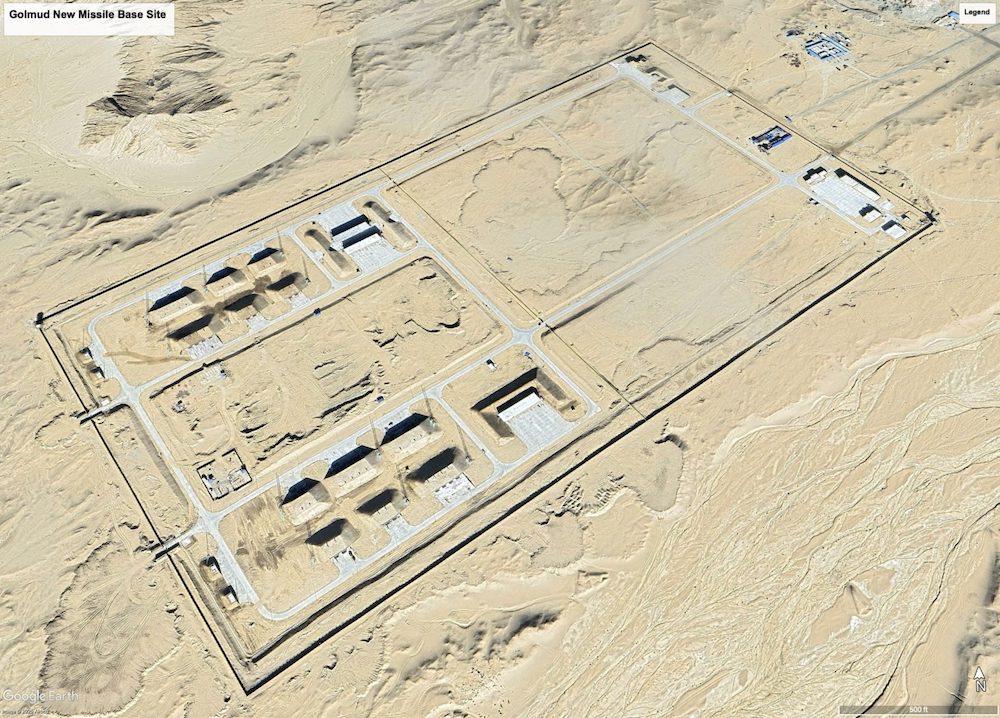By Mike Sheehan
 China hopes that global concern over the mountainous region of Tibet will fade upon the passing of its iconic religious leader, the exiled Dalai Lama, reports Spiegel Online.
China hopes that global concern over the mountainous region of Tibet will fade upon the passing of its iconic religious leader, the exiled Dalai Lama, reports Spiegel Online.
“The Dalai Lama receives pilgrims from all over the world — but the future of Tibet remains bleak,” writes Andreas Lorenz for Spiegel. “And Beijing is calculating that international interest in Tibet will dwindle once he dies.”
The Dalai Lama, born Tenzin Gyatso, has lived in neighboring India since 1959, when China crushed a CIA-supported rebellion that resulted in thousands of Tibetan deaths and the Dalai Lama’s exile.
Lorenz writes that the Tibetan Buddhist leader “fled across the glaciers of the Himalayas and into the Indian state of Himachal Pradesh,” a path that pilgrims seeking to be in the lama’s presence continue to take, despite the risk from the harsh elements and Chinese soldiers, as RAW STORY reported earlier.
The Dalai Lama only makes occasional public appearances in the town he now lives in, Lorenz says. “The aim is to provide everyone who comes from Tibet the opportunity to be able to see him,” he writes. “He seems cheerful and relaxed — and doesn’t give the impression of a man whose time is running out. But he also knows that the chances of him ever returning to Lhasa are dwindling with every passing day.”
Indeed, asserts Lorenz, “Beijing is betting that time will work to its advantage. It obviously wants to wait patiently until Tibet has lost the Dalai Lama — and the world has lost a teacher who for almost 50 years has acted as Tibet’s greatest PR agent.
“The Chinese are calculating that once the 71-year-old passes away,” Lorenz continues, “Western interest in the mystical place that is Tibet will wane, the quest for Shangrila will cease and the political pressure on Beijing will melt away…”
With no progress in negotiations with China on Tibet’s future, the Dalai Lama “doesn’t pursue independence any more,” and further tells Spiegel in an interview that Beijing wants to continue a dialogue but no timeframe has been set.
Meanwhile, Chinese arrive in ever greater numbers to settle in Tibet, especially as a new railway has been built. Detractors see the influx as tantamount to Chinese colonization.









